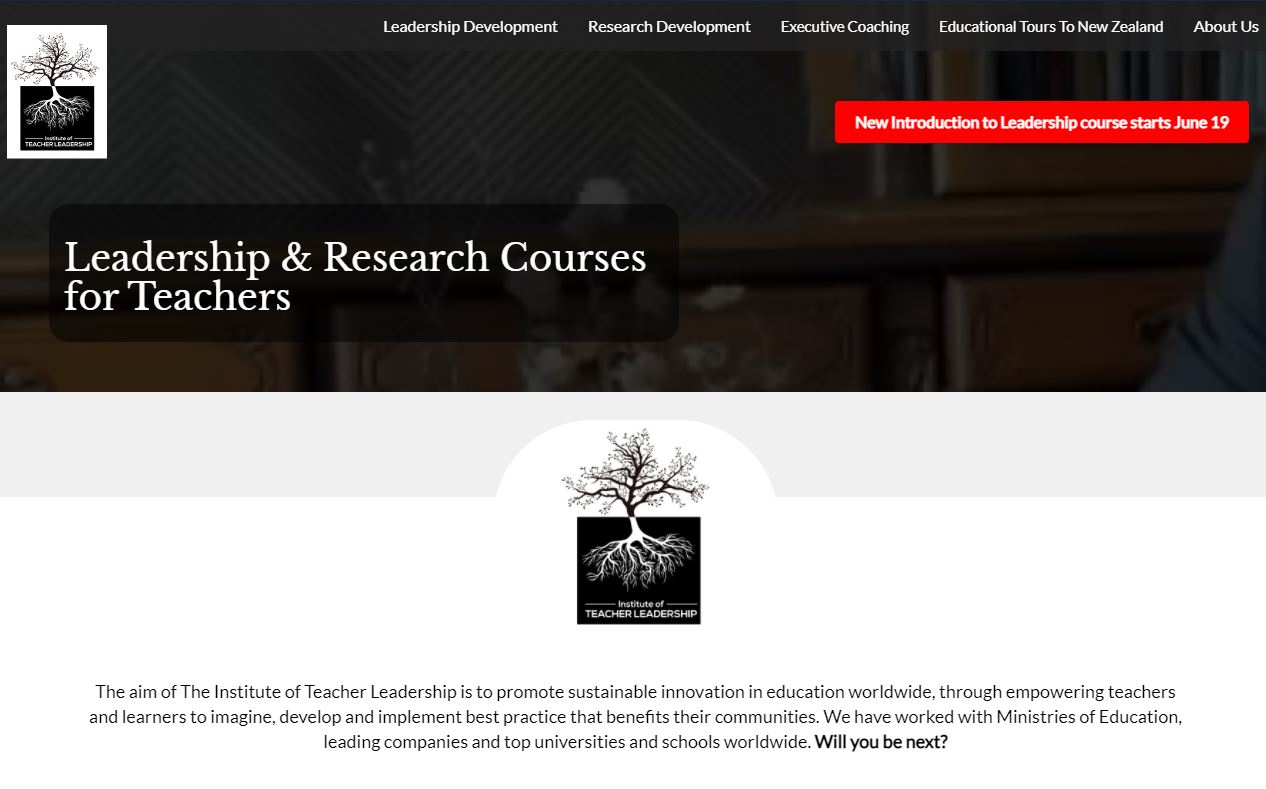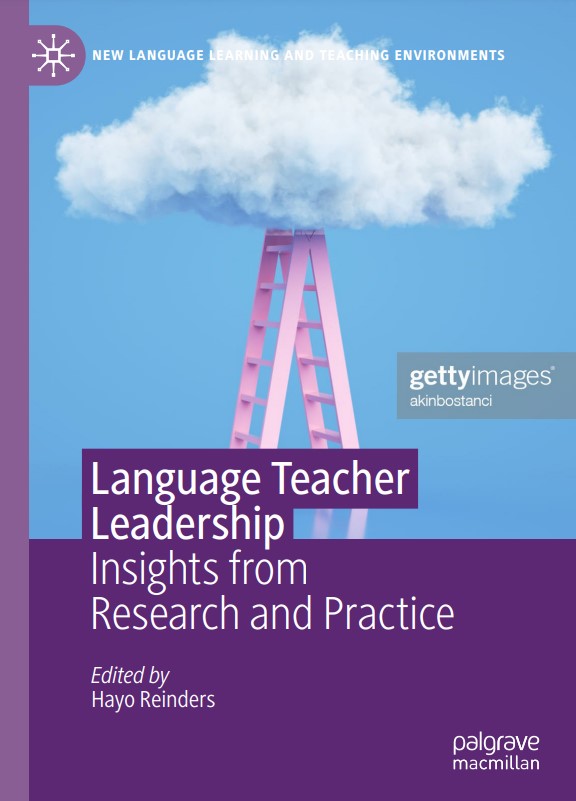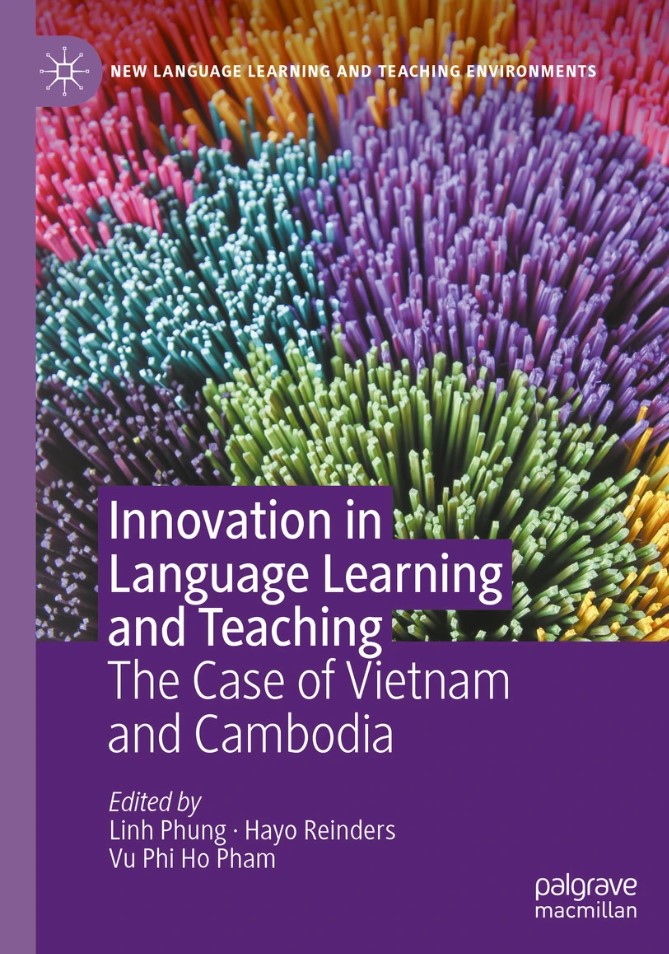Teacher Leadership for Digital Wellbeing

Thank you for joining the Oxford University Press workshop on "Teacher Leadership for Digital Wellbeing" today. I have compiled for you a number of resources that you can use to learn more about the topic and that you can use to implement wellbeing practices in your own and your students' and colleagues' lives.
Firstly, here is the presentation, in case you'd like to download it.
Secondly, below is a list of recommended resources.
Firstly, leadership for wellbeing is a key skill for the 21st century. But developing leadership skills can be challenging for busy teachers and most exciting courses are focused on management and not relevant to teachers. Through the Institute of Teacher Leadership we offer online courses to help teachers gain the skilsl and confidence to expand their influence across their institutions and to better support their learners. To make these courses more accessible to everyone, we will soon be launching an online, self-paced video-based course. You can read more about it on the Institute website. I am particularly keen for teachers from Vietnam to join us and would therefore like to offer you a special offer of 20% off the launch price. This is only until December 1 and only for the first 50 participants. If you would like to qualify for this, conctact me with your name and email address and tell me you attended the OUP event in Vietnam in November.
Oxford University's paper on
'Teacher Wellbeing'.
Oxford University's paper on
'Student Wellbeing'.
Seligman's YouTube video on
'flourishing'.
The science of happiness
MOOC.
https://www.digitalwellnessinstitute.com/flourishing-survey
https://www.parents.com/news/americas-teachers-are-facing-a-mental-health-crisis-too/
Carr, N. (2020). The shallows: What the Internet is doing to our brains. WW Norton & Company.
Colier, N. (2016). The power of off: the mindful way to stay sane in a virtual world. Sounds True.
Ergas, O. (2014). Mindfulness in education at the intersection of science, religion, and healing. Critical Studies in Education, 55(1), 58-72. https://doi.org/10.1080/17508487.2014.858643
Goleman, D., & Davidson, R. J. (2017). The science of meditation: How to change your brain, mind and body. Penguin.
Jellis, C., Suto, I., Williamson, J. (2021). How well do we understand wellbeing? Teachers’ experiences in an extraordinary educational era. Research Matters: A Cambridge University Press & Assessment publication, 32, 45-66.
Langer, E. J. (2014). Mindfulness. Da Capo Lifelong Books.
Langer, E. J. (2016). The power of mindful learning. Hachette UK.
Palalas, A. (2019b). Mindfulness for human-centred digital learning. Argentinian Journal of Applied Linguistics, 7(2), 110-125.
Pegrum, M., Dudeney, G., & Hockly, N. (2018). Digital literacies revisited. The European Journal of Applied Linguistics and TEFL, 7(2), 3-24.
Pegrum, M., & Palalas, A. (2021). Attentional Literacy as a New Literacy: Helping Students Deal with Digital Disarray. Canadian Journal of Learning and Technology, 47(2).
Spomer, M., Estelle-Holmer, S., & Limpitlaw, A. (2018). The Life-Changing Magic of Tidying Up. In Summary of proceedings (pp. 131-140). American Theological Library Association.
Turkle, S. (2016). Reclaiming conversation: The power of talk in a digital age. Penguin.
Worthington, A. (2016). Breaking Busy: How to Find Peace and Purpose in a World of Crazy. Zondervan.


